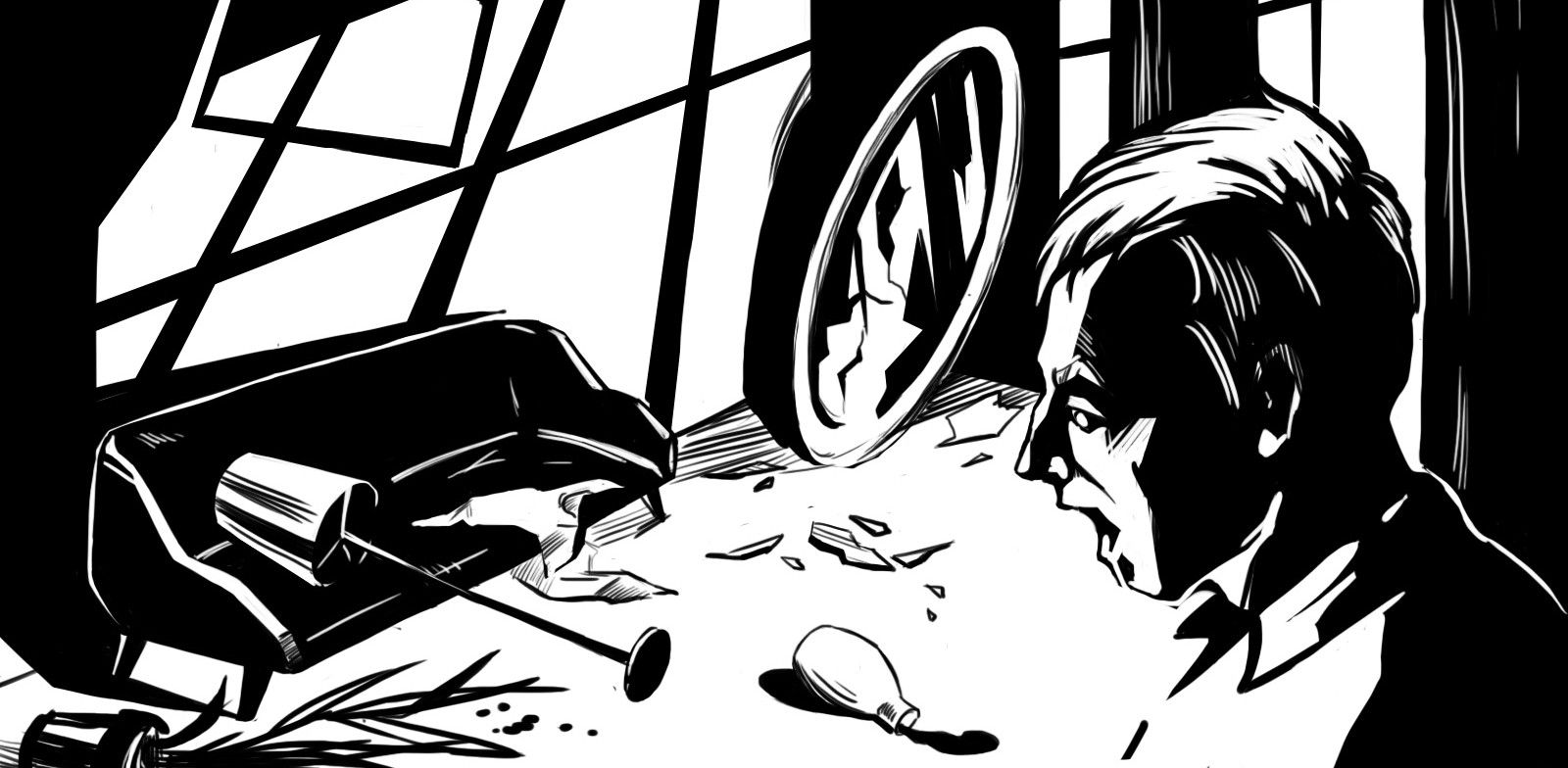I’ve been burgled. What should I do now?
May 14, 2020
Don't be a hero but don't panic
If you’ve come home and discovered your front door open or your lock is broken, rushing inside is not the best idea. After all, the burglars might still be inside. If you go inside, you are blocking their only escape route, thus putting your life and health in danger. Avoid touching the doorknob or doorbell — they might have the burglars’ fingerprints. Don’t panic. Call the police, and continue to monitor your front door from a safe distance (for example, from a flight of stairs one floor up or from behind your neighbor’s door).
Don’t try to detain the criminals yourself! Your job as you wait for the police to show up is to remember as many details about them as possible to provide a description later. Faces, clothing, height, build, bags, vehicle model, and registration plate — these details will come in handy in the subsequent investigation. If you can take a photo of the burglars or their vehicle without endangering yourself, do so, and pass it on to the police.
How to talk to the police
Don’t expect your case to have the police’s undivided attention. Every day, they record tens of burglaries, and yours is just one of them. Remember that important testimony and even evidence could be lost in the initial stage of the investigation.
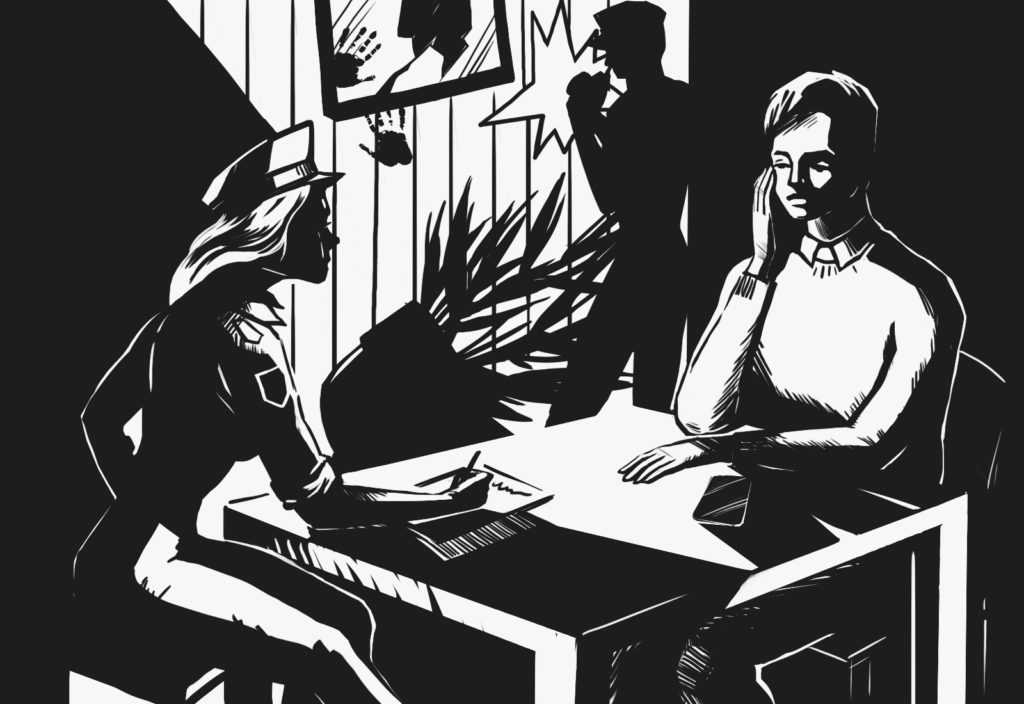
It is in your interest that all procedural documents are duly drafted. So, make sure that law enforcement officers are noting down your words; check what they are writing in the premises inspection record and whether your contact details are noted correctly. Don’t sign any paperwork unless you fully approve of its content. Once you’ve signed something, ask for a copy, where possible, or take a photo of it.
During the preparation of the burglary report, you should provide the police officers with as much information as possible. A detailed list of stolen belongings, any possible signs of preparation for burglary, witness testimonies, and video recordings from surveillance cameras increase the chances of catching the thieves. If the burglars are not apprehended within 24 hours of the burglary, the chances of catching them are reduced with every passing day. Remember that your burglary is not unique, and robbers try to get stolen goods off their hands as soon as possible.
Your own searches
While the police look for the criminals, you can try to find your stolen goods. Go through classified advertisement websites, and pop into your nearest thrift shop or pawnshop. Make sure that you have the documents for the stolen goods — don’t be in a hurry to throw away warranty papers for your appliances (especially for expensive pieces) even
after they have expired. In addition, any documents or photos proving your ownership of antiques, awards, and jewelry will come in handy.
If you’re lucky enough to find your belongings on the market, don’t rush to recover them on your own. You might scare the seller (after all, the sale of stolen goods is punishable by law) and risk losing an important lead to catching the thieves. Behave like a regular buyer: agree with the seller to look at the item or to put it on hold for you. Then, show up with the police and documents proving your ownership.
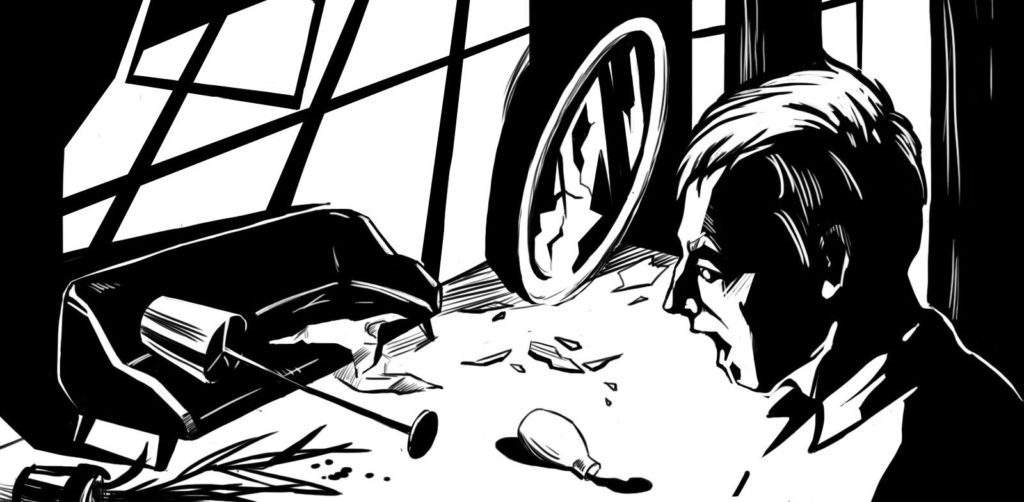
How not to fall victim to robbery again
To maximize your protection against potential robberies, you first need to understand how they happen. Generally speaking, there are two types of robberies: opportunistic and planned. An effective way of keeping out opportunistic robbers is using a good-quality door, lock, alarm, and security system. Thieves are looking for quick and easy prey—they won’t bother with alarms.
With a planned robbery, thieves are usually fairly familiar with the obstacles awaiting them. They carry out detailed reconnaissance; they try to learn as much as possible about the homeowners, conduct surveys of neighbors and friends and leave marks on doors and mailboxes. It is possible to discover such preparation in advance.
There are three main rules for not being easy prey.
Be careful with the information you share
. Social media is a thief’s best friend; people are eager to share expensive purchases, talk about their high-paying jobs and post-holiday dates. Don’t forget that criminals can follow your digital trail. Don’t share your personal data, information about income, or daily routine with marketing and social media surveys. Try not to let delivery couriers into your home.
Make friends with your neighbors
as they are your first line of defense between your property and robbers. When preparing for a robbery, criminals may ring your doorbell during working hours, pretend to be couriers looking for an address, distribute fake utility bills, or offer door or window installation, among other things. Mutual neighborly monitoring can help uncover a robbery in the making and even scare thieves off sometimes.
Don’t skimp on protection.
If you’re buying expensive things that can be of interest to thieves, it’s worth spending money on securing them. This doesn’t necessarily mean installing the most expensive door, lock, or alarm system. The best solution is not always a high-cost one. An Ajax security system starter kit will only cost you as much as an average smartphone, and the monthly fee for monitoring services by a security company is no more than your monthly mobile phone and internet bill. A video door-phone, good-quality doors, and windows, an alarm system connected with a security company will make your home a difficult target for thieves.
What you need to remember
- Don’t panic if you discover a break-in into your home. A robbery is already a fact. For an effective investigation, you should not let your emotions get the better of your memory and attention.
- Don’t pass over any details when talking with the police, and always take an interest in how the investigation is going.
- Keep the documents relating to your appliances, antiques, jewelry and other expensive items to prove your ownership.
- Be careful with the information you share on social media. Don’t brag about how much you’ve got, and don’t become easy prey.
- Make friends with your neighbors, and be on the lookout. Preparations for a robbery are detectable with attention to suspicious outsiders.
- Surround yourself with reliable protection. Dummy surveillance cameras and fake home security stickers on doors and even a dog offer only illusive protection. Only burglar-proof windows, complex locks, video surveillance, and an alarm system will deter a burglar.
Read also – best home security solution available in India




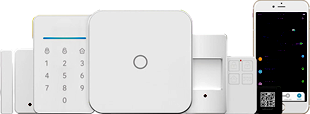
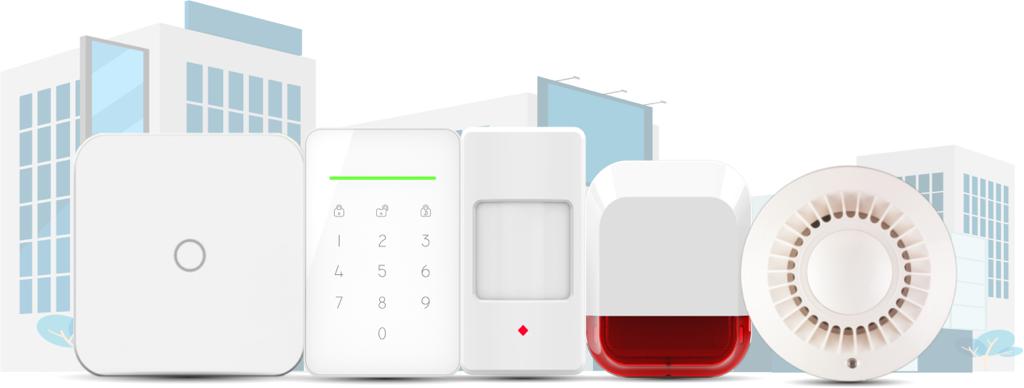




 Cart (9)
Cart (9)